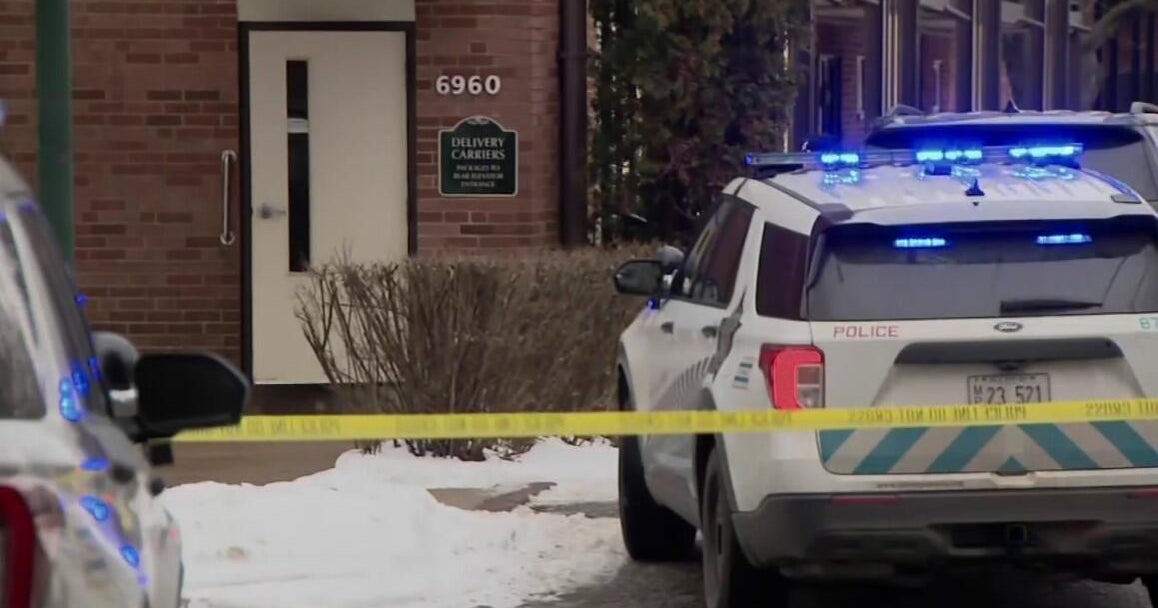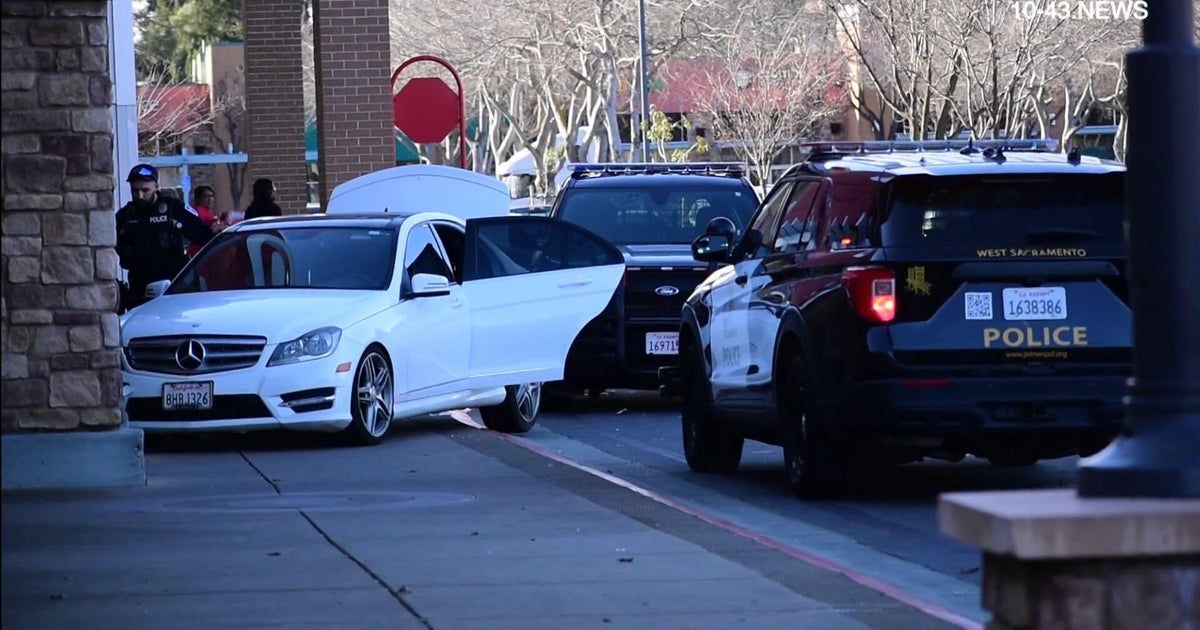Doctors Warn Against Sudden Cardiac Arrest
DALLAS (CBSDFW.COM) – Athletic, healthy, fit –– sudden cardiac arrest often picks the least likely victims. Just ask Marla Sewall.
By 2011, the 42-year-old had 11 marathons under her belt. She'd also made quite the name for herself on the tennis court. By Labor Day weekend, the University Park mother was even combining the two, running 20 miles one day and then competing in a three-hour tennis tournament in the next.
For good measure, Sewall ran 10 miles the day after that and played in the same tennis tournament for three more hours.
Which is why it was so shocking when her husband found her face-up unconscious in the family's tub one night.
"I kinda came out of a sleep to a sound that was just strange, I couldn't quite figure out what that sound was," said Cary Sewall. "As I got to the bathroom, I stepped on the carpet and it was soaking wet, so there was water all over the carpet leading into the bath."
There she was, Cary remembers, unconscious in the tub. Clinically, she was dead.
"At that point, I turned the water off, grabbed her, pulled her out of the tub," he said. "All of those things go through your head; four boys, what would life be without a mother?"
He immediately began performing CPR, giving his wife three to four breaths followed by chest compressions.
"I feverishly went back and forth hysterically screaming, wake up! What happened? What are you doing?" Cary remembers.
He'd find out later his wife suffered sudden cardiac arrest. Minutes into the CPR, he got Marla breathing well enough that he could leave her side to tell his boys to call 911.
Emergency crews eventually arrived and took over.
"As I am sitting downstairs on our landing, they bring my wife down in a body bag," he said. "I lost it at that point. I couldn't see anything but a body bag and I thought, 'Oh my God, she's dead.'"
The paramedics explained Marla was breathing, but it was the easiest way for them to get her down the stairs and into the ambulance.
She spent the next 24 hours in an induced coma at Texas Health Presbyterian. She then spent another four days heavily medicated on a respirator while doctors ran tests.
"The pulmonologist was very pessimistic about her chances of survival," Cary said.
Ten months later, though, and Marla Sewall is back hitting the court and pounding the pavement.
Doctor Jorge Cheirif said the incident was the same silent killer that has caused so many athletes to suddenly die on the court and field.
"She was very lucky that her husband responded so quickly and so well," Cheirif said. "He saved her life. He saved her life."
Cary learned CPR back in high school. It was so many years ago, he said, he thought he'd forgotten it. But what he did that night made all the difference: Another two or three minutes and she'd have suffered irreversible brain damage, Cheirif said.
Marla never knew she had a congenital heart defect that can cause sudden cardiac arrest. Most people don't live to discover it.
The only memory Marla has of that night is going upstairs to watch TV.
"Ninety percent of people who have sudden cardiac arrest die and the other ones, the other 10 percent that live, they get defibrillated," she said. "Well, I didn't. He did it for me."
Half a million people die from sudden cardiac arrest each year in the United States. Doctors say this is another reason to learn CPR –– it saved Sewall's life, after all.
As for Marla? Doctors put in a defibrillator to shock her heart if it ever happens again. She just ran a half marathon in February. She'd have done a full one, but she said she's "been there and done that."







